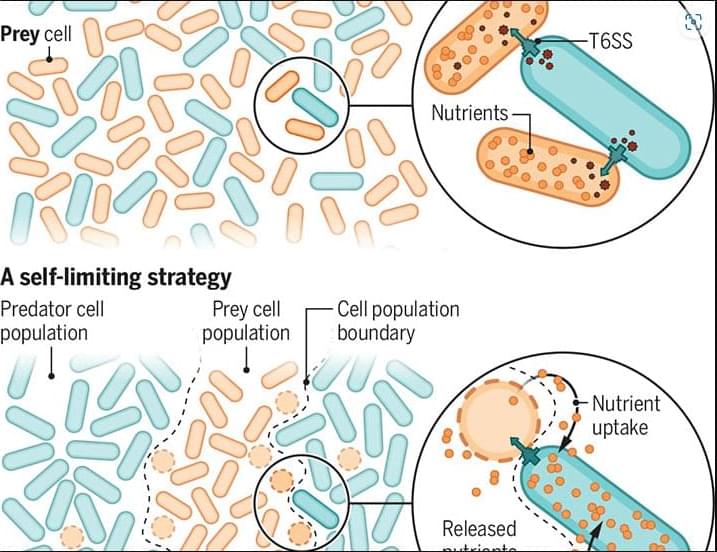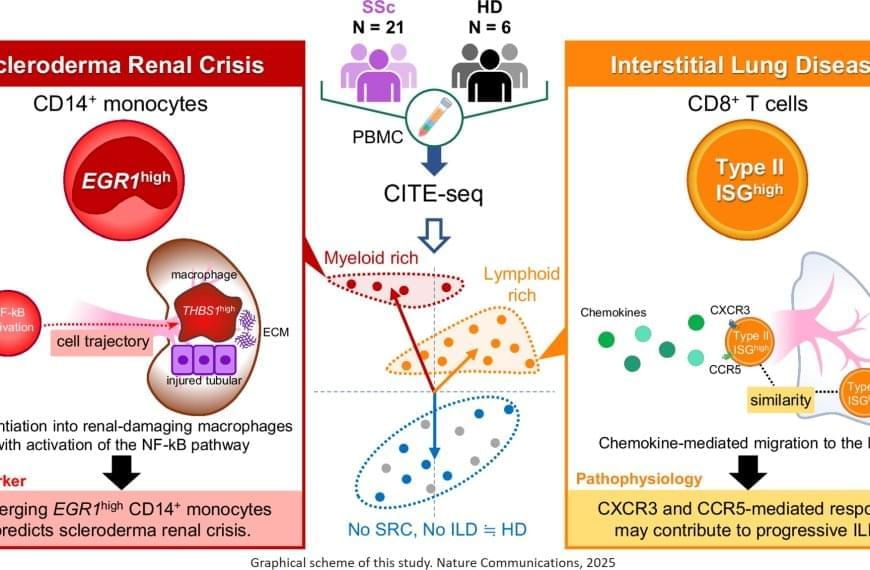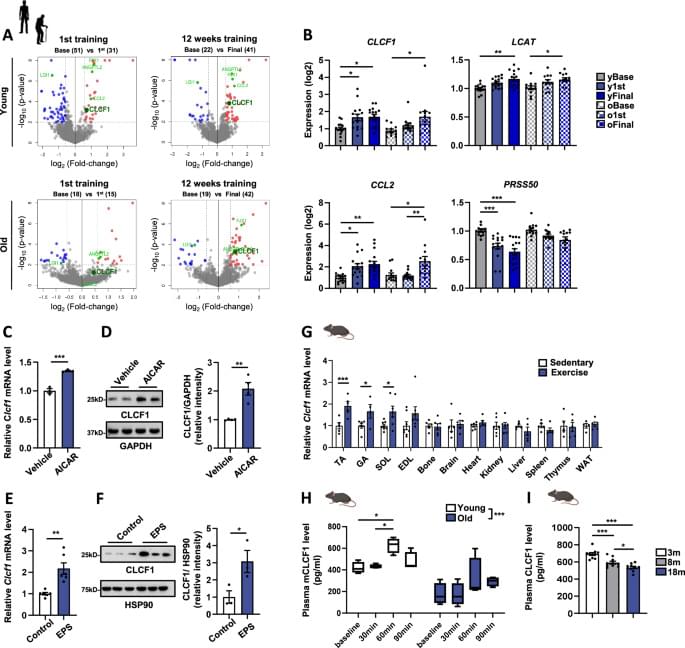Bacteria leverage a secretion system to kill and scavenge nutrients from nearby competitors



Most treatments for Parkinson’s disease (PD) only slow disease progression. Early intervention for the neurological disease that worsens over time is therefore critical to optimize care, but that requires early diagnosis. Current tests, like clinical rating scales and neural imaging, can be subjective and costly. Now, researchers in ACS’ Analytical Chemistry report the initial development of a system that inexpensively screens for PD from the odors in a person’s earwax.
Previous research has shown that changes in sebum, an oily substance secreted by the skin, could help identify people with PD. Specifically, sebum from people with PD may have a characteristic smell because volatile organic compounds (VOCs) released by sebum are altered by disease progression — including neurodegeneration, systemic inflammation and oxidative stress.
However, when sebum on the skin is exposed to environmental factors like air pollution and humidity, its composition can be altered, making it an unreliable testing medium. But the skin inside the ear canal is kept away from the elements. So, Hao Dong, Danhua Zhu and colleagues wanted to focus their PD screening efforts on earwax, which mostly consists of sebum and is easily sampled.

An international scientific collaboration has developed a novel nanomaterial to efficiently harvest clean drinking water from water vapor in the air. The nanomaterial can hold more than three times its weight in water and can achieve this far quicker than existing commercial technologies, features that enable its potential in direct applications for producing potable water from the air.
The collaboration is led by the Australian Research Council Center of Excellence for Carbon Science and Innovation (ARC COE-CSI) UNSW Associate Professor Rakesh Joshi and Nobel Laureate Professor Sir Kostya Novoselov. Prof Joshi is based at the School of Materials Science and Engineering, University of New South Wales (UNSW). Prof Novoselov is based at the National University of Singapore.
A United Nations report estimates that 2.2 billion people lack safely managed drinking water.
Unlock the future of energy! Discover how abundant thorium and advanced Small Modular Reactors (SMRs) could power our world and humanity’s pioneering Moon base, offering a safer, cleaner path to net-zero.
If you liked this video, please show it to a friend who hasn’t heard of us yet! Also, please leave a comment below. Thanks for watching!
🚀 New mind-blowing episodes every week!
Link to Best Telescopes at the website: https://apollo11space.com/best-telesc… website: https://apollo11space.com 🌠 Join our constellation of curious minds: Facebook: / apollo11space11 Pinterest:
/ tranquilitybase784 Instagram:
/ apollo11spacechannel X (Twitter):
/ apollo11space69 Reddit:
/ orbitingapollo Copyright Title 17, US Code (Sections 107–118 of the copyright law, Act 1976): This website uses all media for the purpose of review and commentary under the terms of fair use. All footage and images used belong to their respective companies. #thorium #materialscience #space.
My website: https://apollo11space.com.
🌠 Join our constellation of curious minds:


“We know that immune dysregulation causes vascular damage and tissue fibrosis in systemic sclerosis,” says the lead author. “However, it remains unclear why skin symptoms and the level of organ involvement differ from patient to patient.”
To explore this, the researchers took blood and tissue samples from patients with systemic sclerosis and analyzed them cell by cell, looking for differences in gene expression. Additionally, proteins on the cell surface were examined to identify biomarkers of disease, which are useful for identifying and treating diseases in earlier stages.
“The results were intriguing,” explains the senior author. “We identified a specific subset of immune cells, the EGR1-expressing subpopulation of CD14+ monocytes, that were clearly associated with scleroderma renal crisis, a serious kidney complication in patients with systemic sclerosis.”
While immune cells usually help the body fight infection and disease, in certain cases they can be inappropriately activated through gene expression. In this instance, CD14+ monocytes differentiated – or transformed – into destructive macrophages, which can further promote inflammation near the kidneys and contribute to the thickening and scarring of internal organs.
In addition, the researchers found that CD8+ T cells with a type II interferon signature, which makes the immune cells particularly aggressive and inflammatory, were linked to progressive interstitial lung disease. EGR1-expressing CD14+ monocytes and these peculiar CD8+ T cells are likely to accumulate in the kidney or the lung, respectively, and produce or recruit other factors that contribute to disease progression.
Treating rare diseases can be complicated at the best of times, and it gets even more complicated when different patients with the same disease exhibit different symptoms. Now, researchers have reported a cellular signature that might explain why some patients with autoimmune disease are stable while others face life-threatening complications.



